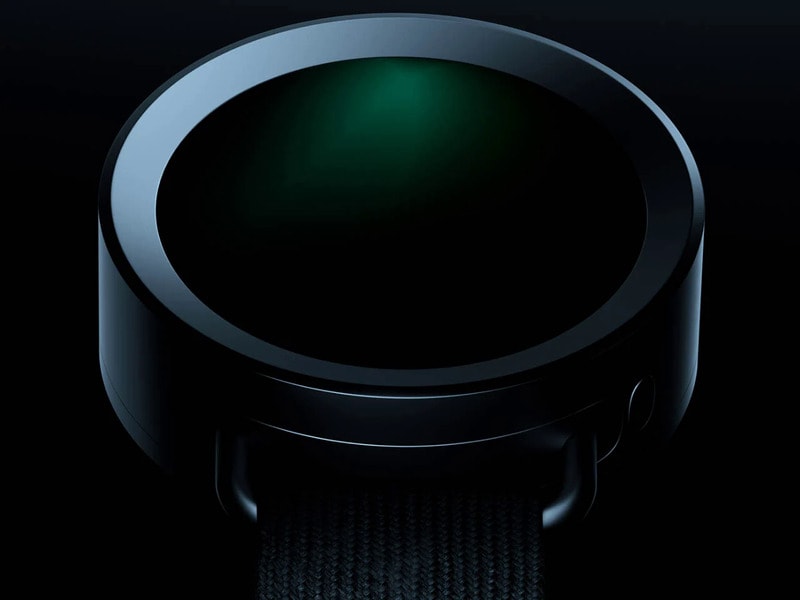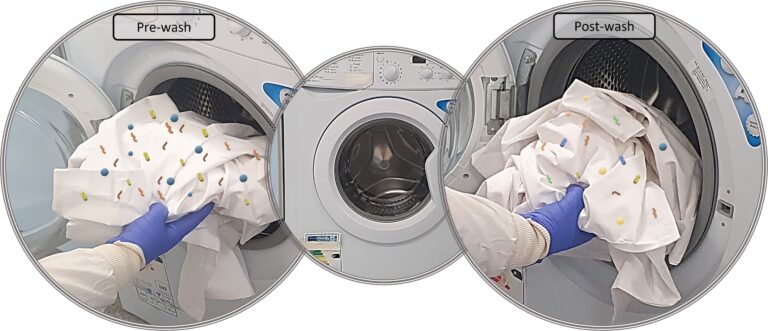
Wearable Fitness Tracker Concepts – Kusi Boateng Arthur Designs the Allai Wearable-1 Concept (TrendHunter.com)
2025-04-29T08:58:03Z
(TrendHunter.com) Kusi Boatend Arthur has designed the Allai Wearable-1 concept, which is a progressive design of a fitness tracker. It seamlessly merges with the practicality of classic smartwatches and merges with…
Kusi Boateng Arthur Designs the Allai Wearable-1 Concept
Kusi Boatend Arthur has designed the Allai Wearable-1 concept, which is a progressive design of a fitness tracker. It seamlessly merges with the practicality of classic smartwatches and merges with the precision of clinical-grade smart rings. The device essentially reimagines the role of wearable trackers by transforming the experience into intuitive health companions.
The Allai Wearable-1 uses NeuralTrack AI to actively collect information and learn from users’ daily routines. It explores biometrics and creates specific insights that have been tailored to the various lifestyle and health needs of each person. Notably, it is designed to evolve with time, unlike conventional devices that only focus on offering static data feedback — it is made to adapt and alter over time.
Image Credit: Kusi Boateng Arthur
Trend Themes 1. AI-enhanced Wearables – The integration of NeuralTrack AI in fitness trackers represents a shift towards highly personalized health monitoring, adapting to users’ evolving routines. 2. Adaptive Health Technology – Devices like the Allai Wearable-1, which evolve with users over time, challenge static data models and offer dynamic health management solutions. 3. Biometric-driven Insights – The ability to derive tailored health insights from user-specific biometrics revolutionizes the potential of wearables as personalized health companions. Industry Implications 1. Wearable Technology – The convergence of smartwatches and clinical-grade rings into a single device like the Allai Wearable-1 signifies a pivotal advancement in the wearable tech space. 2. Healthcare Devices – The transformation of wearables into intuitive health companions highlights new opportunities for innovation in digital health monitoring. 3. Artificial Intelligence – The use of AI in creating adaptive biometric analyses for wearables showcases the expanding role of machine learning in personal health applications.
Auto-posted from news source






